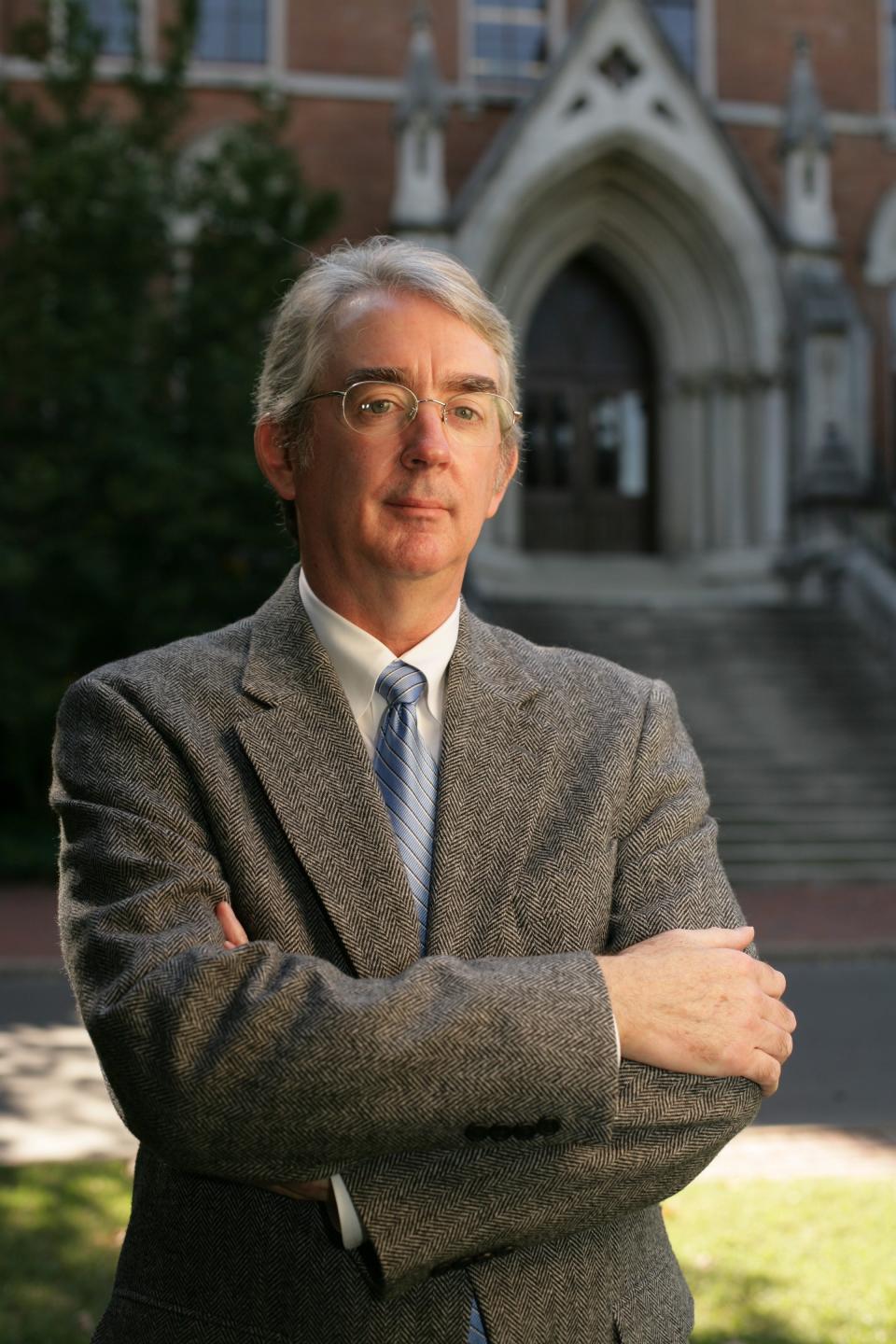College education should be celebrated and encouraged | Opinion
It's college-graduation time, a busy season here in Nashville, the Athens of the South, with more than a dozen local colleges and universities.
It follows that this is also the season of graduation speeches. Doonesbury creator and cartoonist Garry Trudeau once quipped, “Commencement speeches were invented largely in the belief that outgoing college students should never be released into the world until they have been properly sedated.”

It’s funny and widely quoted, playing on the idea that graduation speeches can be deadly dull. My own experience attending dozens of commencement ceremonies is that most speeches are actually pretty good, with the best of them managing to be interesting, inspiring and even funny. Speakers find attendees to be great audiences because graduations are such happy occasions.
Degrees, earnings and majors
Higher education is popular and valuable. U.S. colleges and universities awarded over 2 million bachelor’s degrees in 2020-2021, the most recent academic year for which complete data is available, up from nearly 840,000 for 1970-1971. The number of bachelor’s degrees grew much faster than the U.S. population in that 50-year period. As of 2021, nearly 35% of U.S. adults 25 or older had earned at least a bachelor’s degree.
In 2021, average weekly earnings of full-time workers with bachelor’s degrees were about 65% higher than those whose education concluded with high school, according to the U.S. Bureau of Labor Statistics.
Those 2 million-plus bachelor’s degrees are spread over dozens of major subjects. The National Center for Education Statistics has a breakdown for the last 50 years. Here are just a few examples for the most recent academic year.
Hear more Tennessee voices: Get the weekly opinion newsletter for insightful and thought-provoking columns.
Business degrees made up the largest category with 391,375 degrees (18.9% of the total). Engineering made up 126,037 (6%), health professions and related programs 268,018 (13%), social sciences and history 160,827 (7.8%), and English language/literature 35,762 (1.7%). Mathematics and statistics degrees made up just 27,092 (1.3%).

I confess I’m worried about the decline in the number of education-degree graduates, the main source of new teachers. There were roughly 176,000 such graduates during 1970-1971, but only 89,398 (4.3% of the total) in 2020-2021, a drop of nearly 50% during a period when the U.S. population grew by more than 60%. That drop in the national supply of new teachers merits serious attention.
It’s common these days to come across criticisms of college, but I’d argue higher education should be celebrated and encouraged. I’ve been talking with friends from various walks of life who, like me, completed bachelor’s degrees at least 50 years ago. We’ve been looking back across those decades, reflecting on how our undergraduate educations affected us. Not one of us expressed regret at having gone to college.
Two history majors mentioned this important lesson: in order to understand historical events and by extension the course of history, it’s essential to get inside the thinking, emotions and beliefs of various historical actors. An engineering major described learning that mathematics can be used to solve real-world problems as an idea that set his mind on fire.
Academic and social growth
Several friends pointed out how life outside the classroom, including intercollegiate athletics, debate club and schmoozing with other students at hangouts, helped them make friends, mature and learn more about themselves. Some found that college got them started, preparing them to recognize post-graduation opportunities.
A college education is transformative. On the academic front, the various courses provide students with new ideas, information, perspectives, skills and understanding. On the social front, attending college places a student in a new setting, a community centered on learning with a lot going on outside the classroom, too. Each student figures out how to fit into that community while making new friends along the way.
Those academic and social engagements combine to develop maturity, self-confidence and an expanded worldview. Each graduate moves to the next phase of life armed with all that learning and experience, ready to make the most of the months and years ahead. Is it any wonder commencement ceremonies are such happy occasions?
Dennis G. Hall was formerly vice provost for research, dean of the Graduate School, professor of physics and professor of electrical engineering at Vanderbilt University. At the end of 2015 he retired from Vanderbilt, where he is now dean-and-professor emeritus.
This article originally appeared on Nashville Tennessean: Opinion: College education should be celebrated and encouraged

